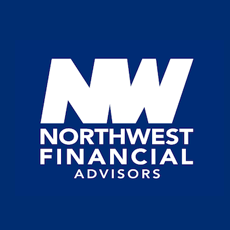The Most Important Ages for Retirement Planning
When it comes to retirement income planning and saving, there are several important age milestones to keep in mind. Knowing these age milestones will help keep you on track as you pursue your retirement savings goals and proceed through retirement. So, here they are:
Age 50 — Individuals are permitted annual retirement plan “catch up” contributions at age 50 and older. The 2024 catch-up amount for individual retirement accounts (IRAs) is $1,000, with a maximum contribution of $8,000. The catch-up amount for employer-sponsored retirement plans such as a 401(k) or Thrift Savings Plan (TSP) is $7,500, with a maximum contribution of $30,500.
Age 59 ½ — Among other exceptions, once an individual reaches age 59 ½, they are no longer subject to a 10 percent penalty on retirement account distributions. However, it’s important to understand that pre-tax money will still be subject to income taxes.
Age 62 — This is the age at which individuals (who worked and paid Social Security taxes in the last 10 years) are first eligible for Social Security benefits. Because Social Security benefits are reduced until your full retirement age (currently 67), it is critical to weigh the pros and cons of claiming “early.”
Age 65 — Generally, Americans are eligible for Medicare at age 65. Individuals are eligible to enroll in Part A and Part B for seven months (three months prior to the month you turn 65 to three months after).
Age 67 — This is the age when individuals born in 1960 or later are eligible for “full” Social Security benefits (or 100 percent of your eligible benefits).
Age 73 — This is currently the age at which required minimum distributions (RMDs) are due for individuals (who turned or will turn 72 after December 31, 2022) with IRAs and employer-sponsored retirement plans.
Knowing these key ages and what actions to take can help maximize your retirement income and benefits, while potentially reducing your tax burden. It’s a good idea to consult with a qualified financial advisor or tax professional at any age, but particularly before reaching a retirement milestone age. Getting neutral advice could give you the knowledge and confidence you need to take the steps necessary to boost your retirement outlook.



